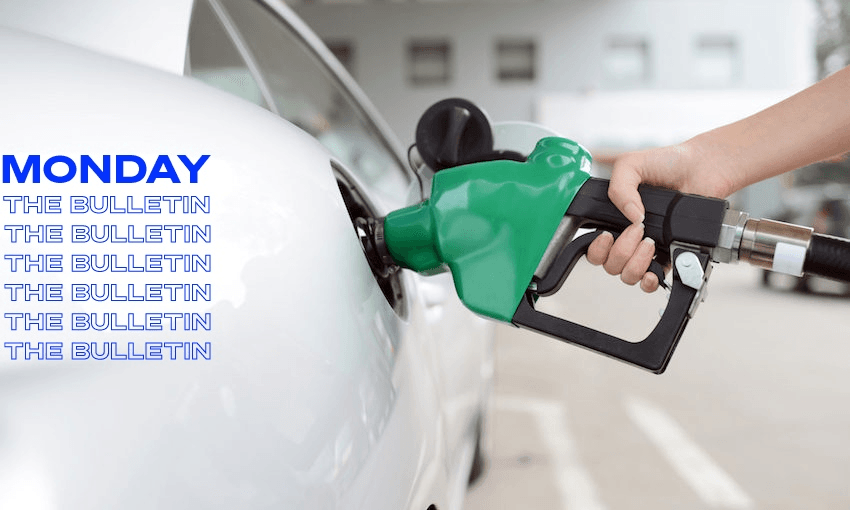The soaring price of petrol is only the latest of many economic troubles coming at us this year, Justin Giovannetti writes in The Bulletin.
After two years of delayed shipping and growing inflation, the worst is yet to come.
The global economy is heading into a hurricane as a series of profound shocks, from the highest inflation in a generation to supply lines disrupted by Covid-19, have worsened with the Russian attack on Ukraine. In only a few weeks most of the Russian economy has been walled off from the rest of the world by sanctions. Oil prices have responded, increasing by half since Christmas, while global commodities are undergoing their greatest shock since the 1970s. As Stuff reports, wheat is now facing its worst disruption since the first world war. Most of the economic chaos seen in stock tickers over recent days hasn’t made it yet to the world’s streets, but unaffordable fuel prices and hungry people don’t make for political stability.
Few scenes are more closely linked to economic disturbance than long queues at petrol stations.
Motorists began forming queues throughout New Zealand on Friday amid a warning from Waitomo that it would need to increase petrol prices significantly that day. After it sold a lot of fuel, the company told RNZ that the warning wasn’t a marketing stunt. While there were some reports that prices remained largely stable, the company said it added 20 cents to the average litre of petrol. The high price of fuel, which is above $3 per litre across much of Aotearoa, isn’t likely to go down soon. Bans on Russian oil have sent prices to well over $100 US per barrel and some shortages are possible before the global market stabilises. The AA has warned drivers to ready themselves for $4 a litre.
Parliament now faces calls to act as many families won’t be able to balance their budgets.
Parliament spent much of last week debating whether to apply the crisis label to the increasing cost of living. It wasn’t a particularly insightful debate and did nothing for families who are struggling. RNZ’s Jane Patterson has looked at National’s idea for a tax cut to help. Economists are split on whether it would do more good than harm, but the government isn’t interested. Labour has so far dismissed price increases as a problem caused by overseas events. Which is true, but that’s unlikely to be a comfort for the public. The NZ Herald reports on Act’s proposal to turn over the proceeds from the sale of carbon credits to taxpayers. The nearly $4.4 billion fund is meant to pay for the country’s climate change programme. A number of governments have unveiled fuel rebates over the past week. Australia’s treasurer is now being urged to do the same, according to ABC.
Petrol is only part of the problem. The UN is warning that food prices could increase by 20% this year, according to Reuters. Russia and Ukraine were some of the world’s largest wheat producers.
A crisis on top of a crisis on top of a crisis.
I suspect that for many readers this morning’s newsletter won’t be a comforting one. The country is exhausted by Covid-19 and hundreds of thousands of New Zealanders are currently dealing with the pandemic in a way that is both deeply personal and unprecedented in this country. A cost-of-living crisis, along with a large ground war in Europe, is a lot to deal with on top of that. Unfortunately, this is also the kind of economic crisis that will likely distract from pressure to move on climate change. As Kevin Norquay writes in the Sunday Star-Times, this is the “big stretch” where we all need to cope. Pace yourselves and make plans to stretch your budgets over the coming year. It’s time to be prepared and the best way for me to do that is to stay informed of what’s coming next.


